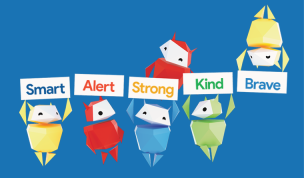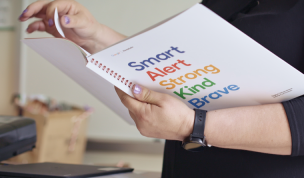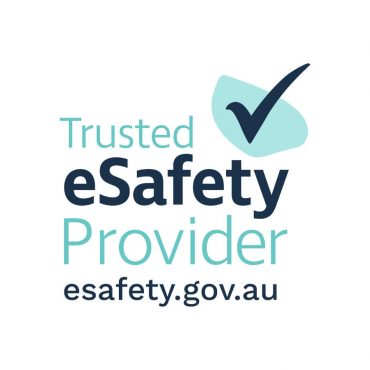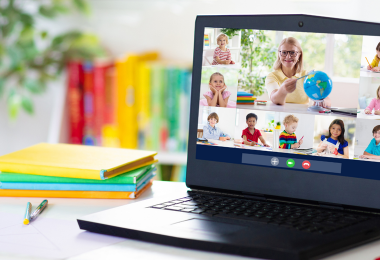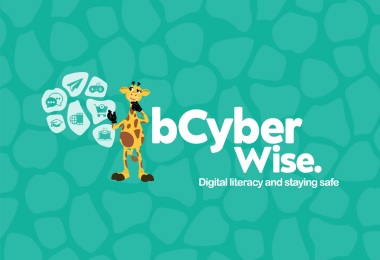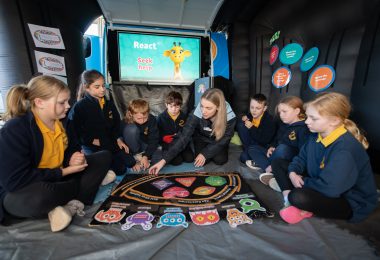Family Tech Tips

We live in a digitally connected world. Technology enhances our lives in many ways, but it also poses risks. Together, we can use this as an opportunity to learn about how we can stay safe in our increasingly online world.
To help with this and encourage open discussions, we have put together our top family tech tips.
1. Stay connected.
The early years of primary school is a great stage of life to build solid connections with your child – at this age they WANT you to be involved.
You can help to engage them in the online world safely by:
- Playing age-appropriate games together
- Watching suitable videos on streaming services together
- Telling them what is happening when you are undertaking an activity online, like paying a bill, or buying a gift
Most importantly, talk about the experiences you share online – what makes us feel happy, frustrated, worried, uncomfortable, or unsafe?
Make it normal to have a conversation about what you do online, just as it’s normal to chat about what you do offline. This will encourage sharing and reinforce that you are there to support them. Tell them they can always talk to you about these things and you will be there for them, to help them sort things out if necessary.
2. Set up family rules
There are many things to consider about our digital safety and well–being. Setting family rules together can help empower each other and set clear boundaries. Some examples of rules you can agree on include:–
- Respecting property
- Technology can be expensive, so it is useful to talk to children about caring for devices including avoiding scams and viruses.
- Screen time
- We all know how easy it is to lose track of time when we are online. Family rules about screen time are important to ensure everyone in the house (you too) has a balance in the time we spend online, and the time we dedicate offline to connect with each other, play, read, do homework, rest and sleep.
- Safety
- We know that children and young people are more likely to be targeted by online predators if they are using devices alone, in their rooms or in other private spaces.
- Family rules like no devices in private spaces, like bedrooms and bathrooms, and only going online when there is a trusted adult nearby can help to keep your child safe.
- Privacy and security
- Family rules can also include asking permission before downloading anything onto the computer, keeping passwords and personal information private and always asking for help – no matter what!
- Respect
- Being safe online also means being respectful of others – being kind, seeking consent before posting photos or information about others. You can use this opportunity to talk about how you can do this. Modelling this type of positive behaviour can help show your child the benefits.
3. Stay informed
New games, apps and social media platforms become available all the time. It’s hard to stay on top of it all. Even the apps and games you might know and use can have changes to their privacy settings, parental controls and age ratings.
Related resources...
Related modules...
Harold’s Online World – Year 1 / Year 2
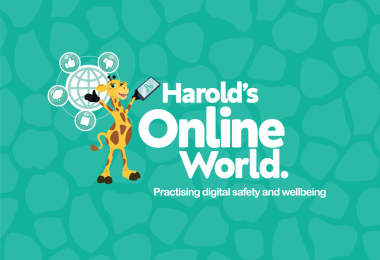
- Recognising the importance of being safe and respectful online and offline
- Identifying safe and unsafe situations online and trusted adults who can help
- Identifying that different technologies are used for a variety of purposes and enhance our lives
- Investigating strategies that promote healthy and safe use of technology

